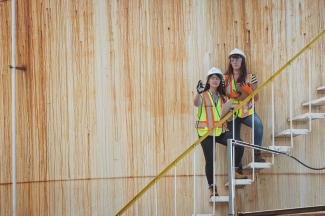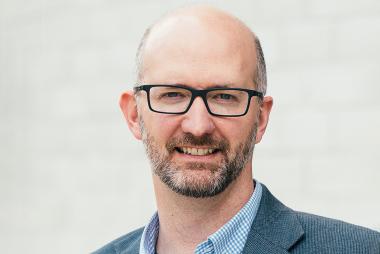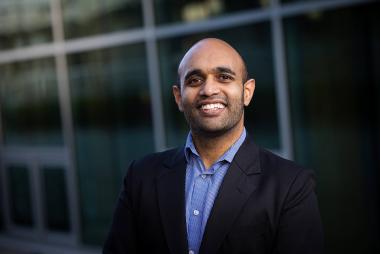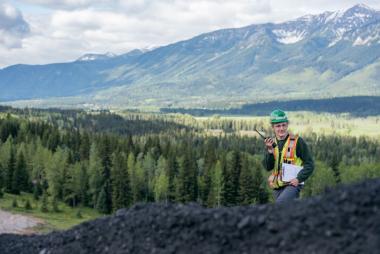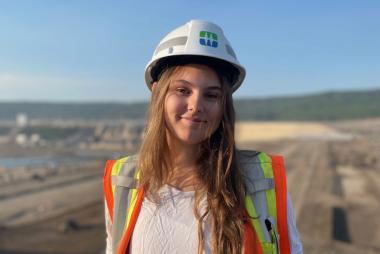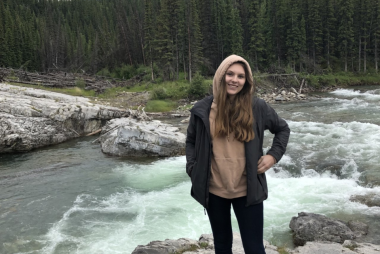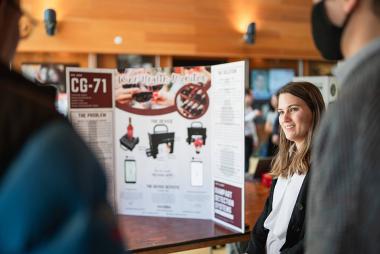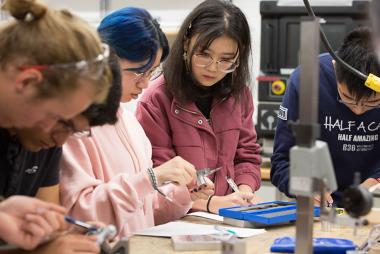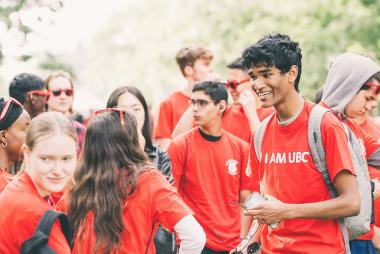“An engineering degree is a great starting point for interesting work"
Says Dr. Scott McDougall, whose research on landslides and other geohazards is leading to better ways to keep people and infrastructure safe.
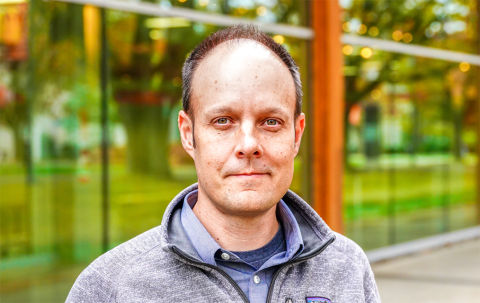
- Program:
- Campus: Vancouver
Education: PhD in Geological Engineering (UBC); BASc in Civil Engineering (University of Toronto)
What led you to geological engineering?
"What started as a master’s degree turned into a PhD and then working as a geotechnical engineer for 10 years."
When I was in grade 11, I wanted to be an architect. But I had limited artistic abilities, so I turned to civil engineering. In my first year, I took a basics of geology course, which I loved. Although I stayed in civil engineering, I took advantage of summer work opportunities in construction to feed my interest in big holes in the ground! I worked as a contractor for three years after graduating and then learned about UBC’s geological engineering program.
You worked for a decade as a geotechnical engineer. Why did you become a professor?
As a consulting engineer you’re working under strict timelines and budgets. I liked the idea of having time to do my research – time to sit on a rock and solve some of the problems I’d identified while working in private practice. My research program is really in line with the gaps I saw when I was a practising engineer. I also enjoy teaching, having taught for my PhD advisor when he went on sabbatical. When a position at UBC came up, I was at the point in my professional career where I was ready for a change.
Why is this research important?
Landslides kill an average of 4,000 people worldwide each year and cause billions of dollars of infrastructure damage. Many people are killed in their own homes, where they think they are safe. I believe many of these deaths could be prevented if we had the tools to make better decisions about where to develop or were able to design better and more affordable mitigation measures when development is occurring in an area where a landslide could happen.
Anything else you want to share?
I think it’s important for students to know that the decisions you make early in your education are not permanent and that any engineering degree is a great starting point for interesting work.
In high school, I didn’t even know that geological engineering existed and I took a circular academic and career path to get here. I have friends from civil engineering who have ended up as doctors. My other piece of advice is that the study of geology and geological engineering is a great field, particularly if you love being outside and appreciate the natural landscape. One of the best parts of my job is getting to be a field assistant for my grad students!

